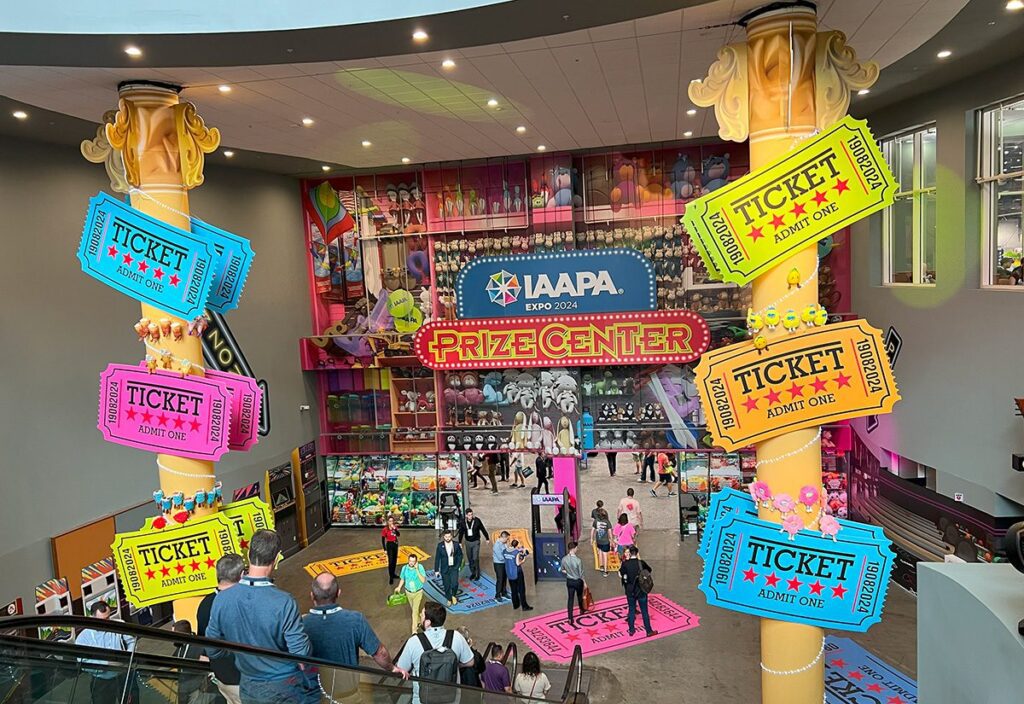Common wisdom has it that people don’t want to be pitched on their mobile phones.
But some do, especially when the messages are short and they get coupons for signing up.
That’s the evidence of a small but growing number of firms that have turned to Short Message Services (SMS), according to Ashkoke Dutt, of Discover Financial Services.
The typical SMS message is no larger than 160 characters. It is announced not with a ringing phone but with a single chirp , said Dutt, speaking at Chicago DM Days & Expo.
According to Dutt, 56% of all European firms will use SMS this year, and 40% plan to increase their SMS budgets. But it hasn’t caught on like that in the United States.
One successful test program in the U.S. was the Cambridge Side Smart Mobile Shopper. The Cambridge Side galleria invited local consumers to register and get discount coupons. Local ads said, “Turn your mobile phone into instant savings,” and directed consumers to a Web site to register their preferences.
Data was culled via the site and through interactive voice technology.
Consumers were sent customized messages on their mobile phones, and informed of the discounts then available at Cambridge Side stores.
The messages were data driven and dialogue oriented.
SMS-savvy consumers tend to be active young adults.
Roughly 2,500 customers signed up. These produced an average weekly conversion of 68%, and up to 18% per week redeemed their coupons.
Another success story is that of Ticketmaster in Boston. It collected the mobile phone numbers of local hip-hop enthusiasts, and used them to market tickets to see Blackzilla.
That was the only form of promotion done, but Ticketmaster still achieved a 300% lift in ticket sales.
In 2002, there were 2.45 billion messages delivered. That figure is expected to rise to 4.4 billion this year, and 8.59 billion in 2005.
 Network
Network

